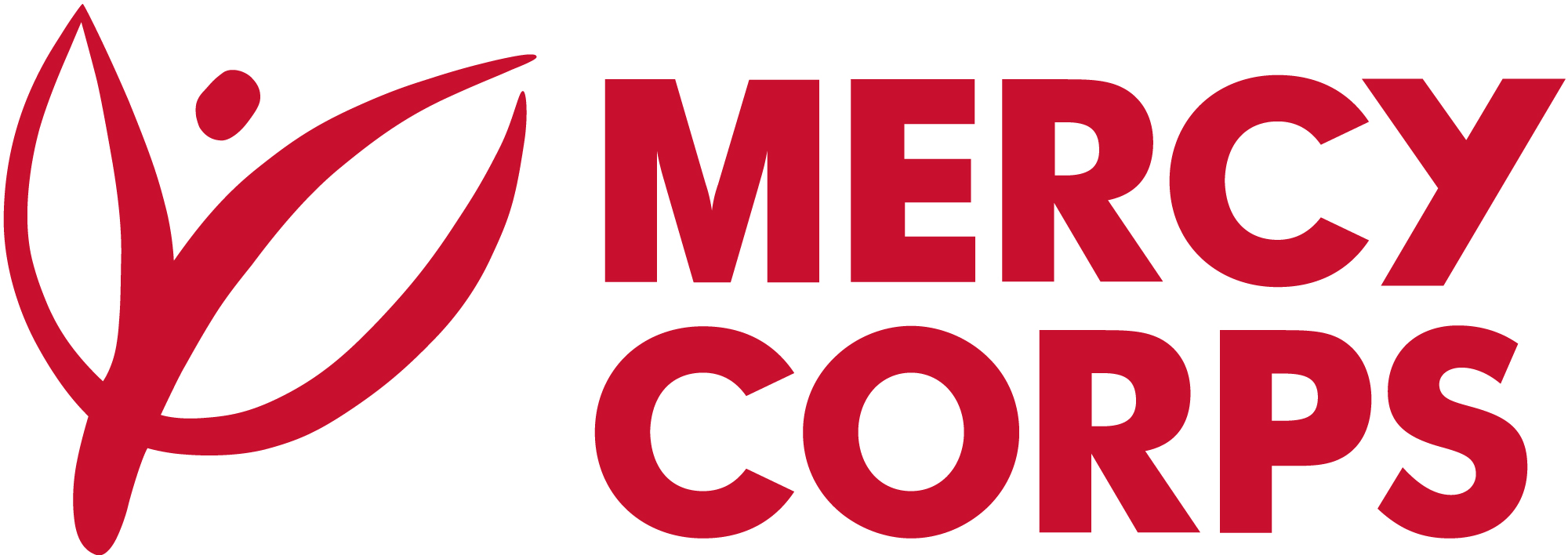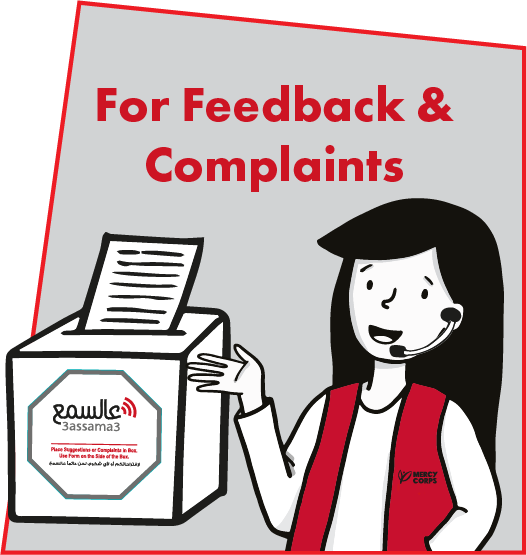-
The Lebanese pound (LBP) parallel market exchange rate depreciated to a record low of LBP 41,500 per 1 US dollar (USD) by the end of November. LBP depreciation in November was in large part due to a significant increase in money supply in September and October, despite a slight decrease in November.
-
The Central Bank will adopt LBP 15,000 as its official LBP-USD exchange rate as of February 2023. Circular 151 and Circular 158 will then be subject to the same exchange rate. These steps toward unifying Lebanon’s multiple exchange rates are a key IMF requirement to unlock financial assistance but will also apply pressure on the LBP parallel-market exchange rate.
-
The 2022 budget came into effect on November 15, entailing significant reforms. Personal income tax is now calculated based on the currency which one earns, meaning USD earners’ taxes are calculated in LBP via the Sayrafa rate. As of December 1, customs taxes are calculated using the LBP-USD exchange rate of LBP 15,000, while 10% in additional tariffs will be applied to imports already subject to value-added tax (VAT) if these product categories have locally produced substitutes that can meet demand. Imported luxury goods are also subject to this extra tariff. Additionally, article 71 of the 2022 budget imposes a 3% tariff on all products subject to VAT, with certain exemptions.
- Fuel prices (per 20 liters) increased in November and closed the month at LBP 804,000 for 98-octane, LBP 787,000 for 95-octane, LBP 833,000 for diesel, and LBP 455,000 for cooking gas, likely due to the depreciation of the LBP-USD in the parallel market exchange rate.
- Three parliamentary sessions dedicated to electing a new president ended with no success, as competition within the March 8 camp is expected to contribute to prolonging the election of a new president and naming of a new government.
By Crisis Analytics Team, Mercy Corps Lebanon



